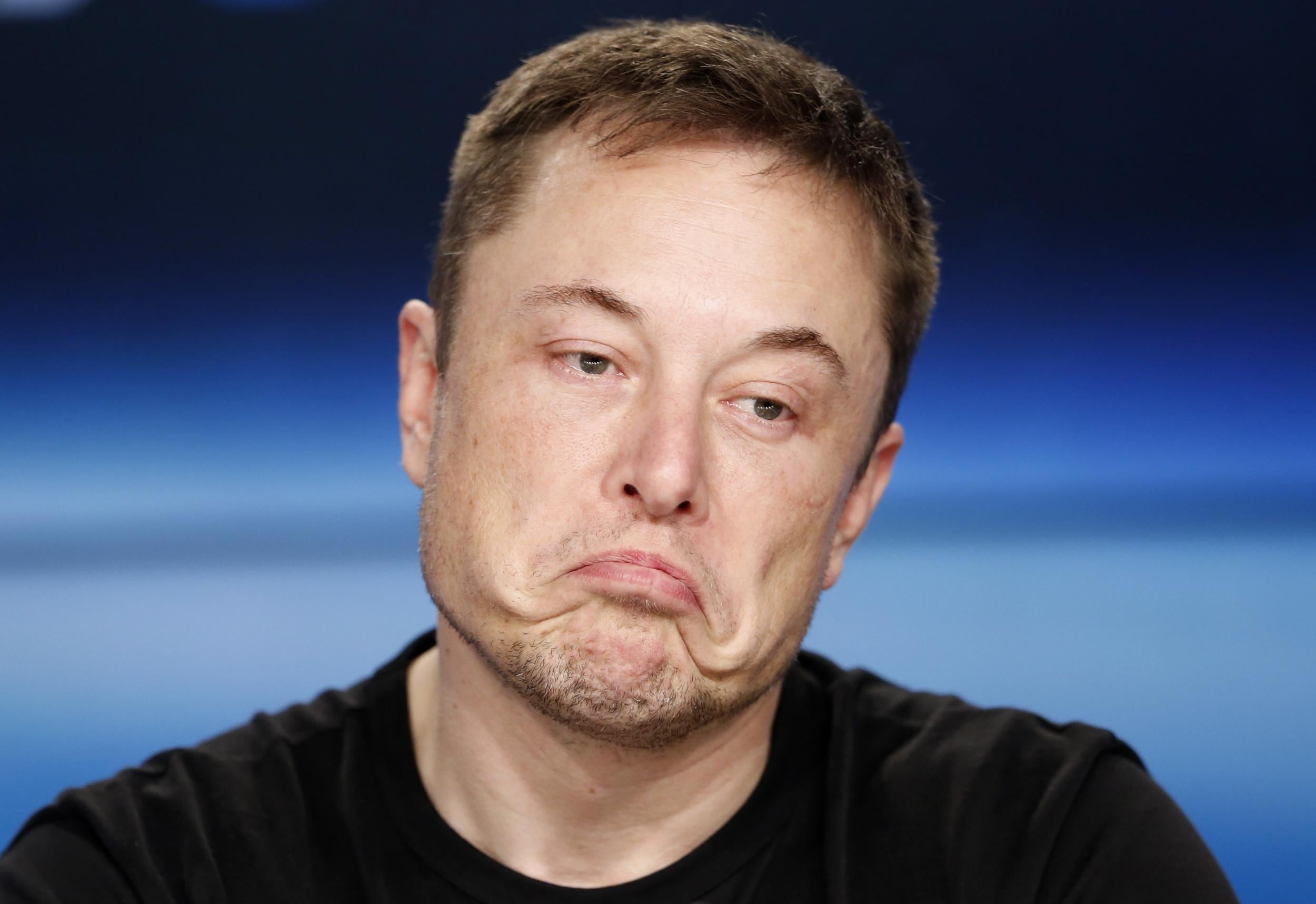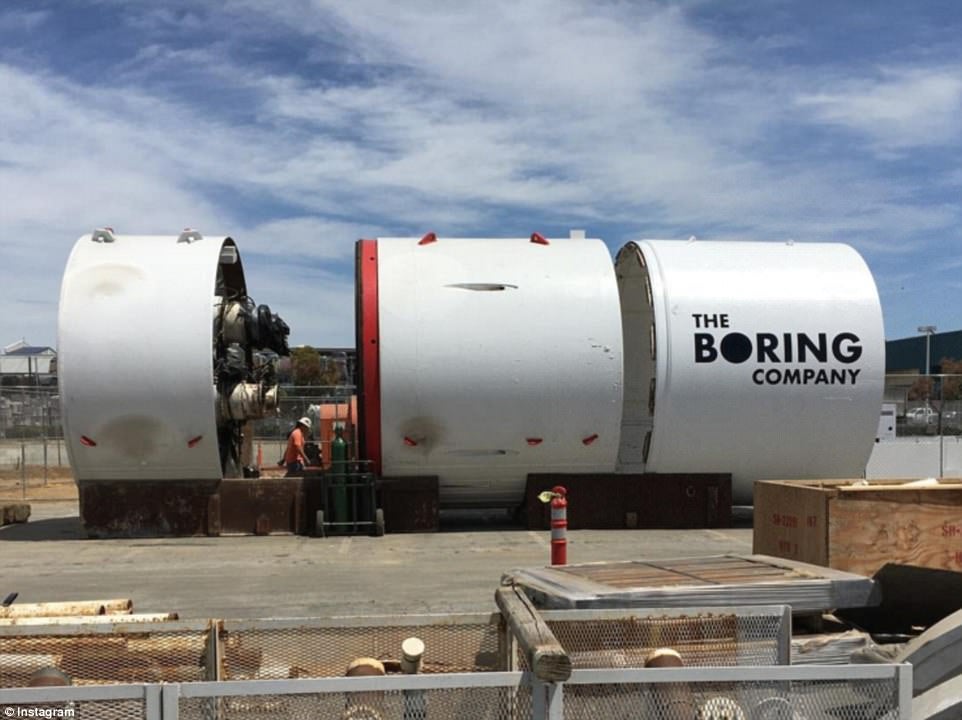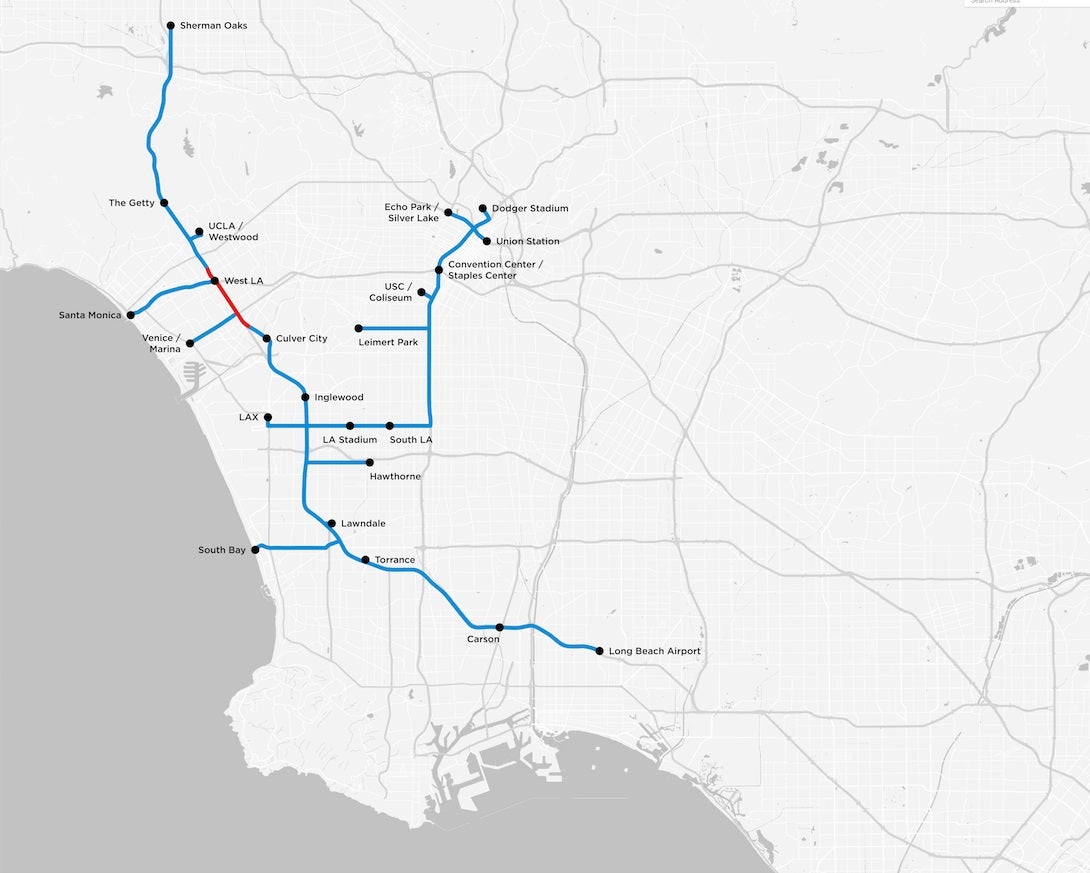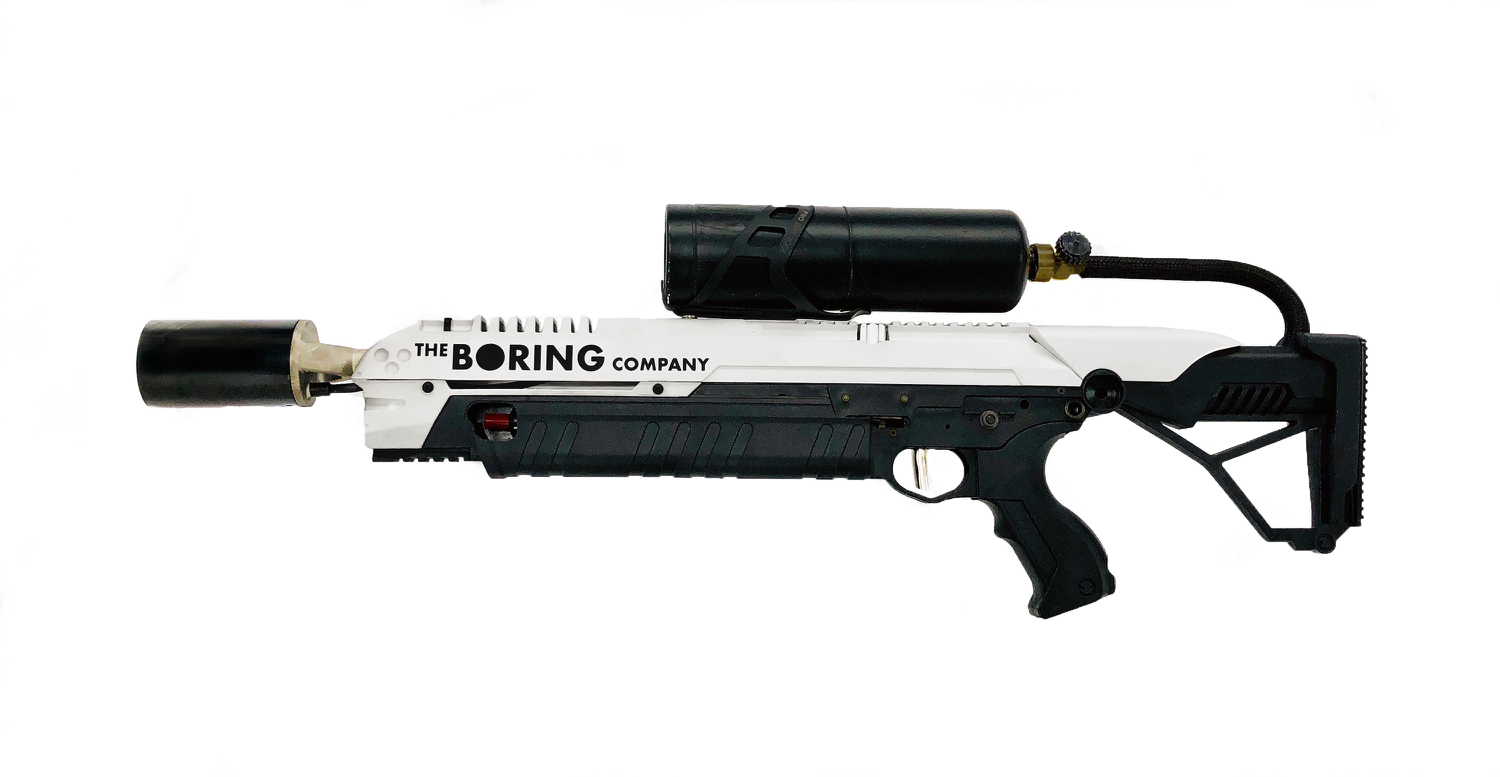Elon Musk just bet $100m of his own money on a boring idea
The serially successful entrepreneur invested his personal fortune in a company many thought was a joke

Your support helps us to tell the story
From reproductive rights to climate change to Big Tech, The Independent is on the ground when the story is developing. Whether it's investigating the financials of Elon Musk's pro-Trump PAC or producing our latest documentary, 'The A Word', which shines a light on the American women fighting for reproductive rights, we know how important it is to parse out the facts from the messaging.
At such a critical moment in US history, we need reporters on the ground. Your donation allows us to keep sending journalists to speak to both sides of the story.
The Independent is trusted by Americans across the entire political spectrum. And unlike many other quality news outlets, we choose not to lock Americans out of our reporting and analysis with paywalls. We believe quality journalism should be available to everyone, paid for by those who can afford it.
Your support makes all the difference.Elon Musk is no stranger to betting his own money on long-shot business ideas, having previously ploughed a significant portion of his PayPal fortune into getting his rocket startup SpaceX off the ground.
His latest venture to transform urban transportation through underground tunnels is no less ambitious, despite its inauspicious name: The Boring Company. And once again, Mr Musk is putting his own wealth at stake to spur its success.
A recent filing with the US Securities and Exchange Commission (SEC) revealed that The Boring Company has raised $113 million - more than 95 per cent of which came from Mr Musk.

The SEC filing, first spotted by CNBC, also revealed that no outside investors contributed to the funding, with the rest of the sum coming from early employees at the company.
In the case of SpaceX, Mr Musk was so uncertain of the company’s prospects that he refused to accept funds from friends wanting to invest as he didn’t want to risk losing their money.
“If you were to do a risk-adjusted rate of return estimate on various industry opportunities, I would put building rockets and cars pretty much at the bottom of the list,” Mr Musk, who is also the CEO of electric car company Tesla, told an audience at the SXSW festival in Austin, Texas, last month.
“I just kept wondering why we were not making progress towards sending people to Mars… Year after year, it was getting me down… The genesis of SpaceX was not to create a company but really: ‘how do we get NASA’s budget to be bigger?’”
Like SpaceX, The Boring Company was born out of Mr Musk’s personal frustrations. The first mention of the idea came came in December 2016, in a tweet stating he was fed up with traffic in Los Angeles.
“Traffic is driving me nuts. Am going to build a tunnel boring machine and just start digging,” Mr Musk tweeted, shortly followed by another tweet claiming: “It shall be called ‘The Boring Company’.”
Some people on Twitter took it to be a joke, a subtle reference to the parody account @BoredElonMusk that gained a large following by spouting outrageous business ideas. Within a year, however, Mr Musk began sharing images of the first tunnels being dug under LA.

Beyond LA, The Boring Company has put forward proposals for routes in other parts of the US, including the East Coast "Loop" from Washington DC to Baltimore.
Current transportation options for the route take between an hour and an hour and a half, depending on whether you drive or take public transport.
The Boring Company promises to cut this journey time to 15 minutes, at a cost that is "comparable to or lower than" current public transport fares.
"This transportation system would create a significant public benefit due to decreased commute times, decreased urban congestion, decreased public transportation trip times, decreased transportation costs/fares, and decreased greenhouse gas emissions," the company says on its website.

For such a venture to succeed, the company is going to need significant amounts of capital behind it. But beyond a series of bizarre fundraising efforts - including the sale of “the world’s most boring hat” and 20,000 flamethrowers - Mr Musk's latest company is yet to make any money.
So while the serially successful entrepreneur will be hoping his past endeavours bode well for the bold vision of The Boring Company, it will be years before it's clear whether his latest gamble will pay off.
Join our commenting forum
Join thought-provoking conversations, follow other Independent readers and see their replies
Comments